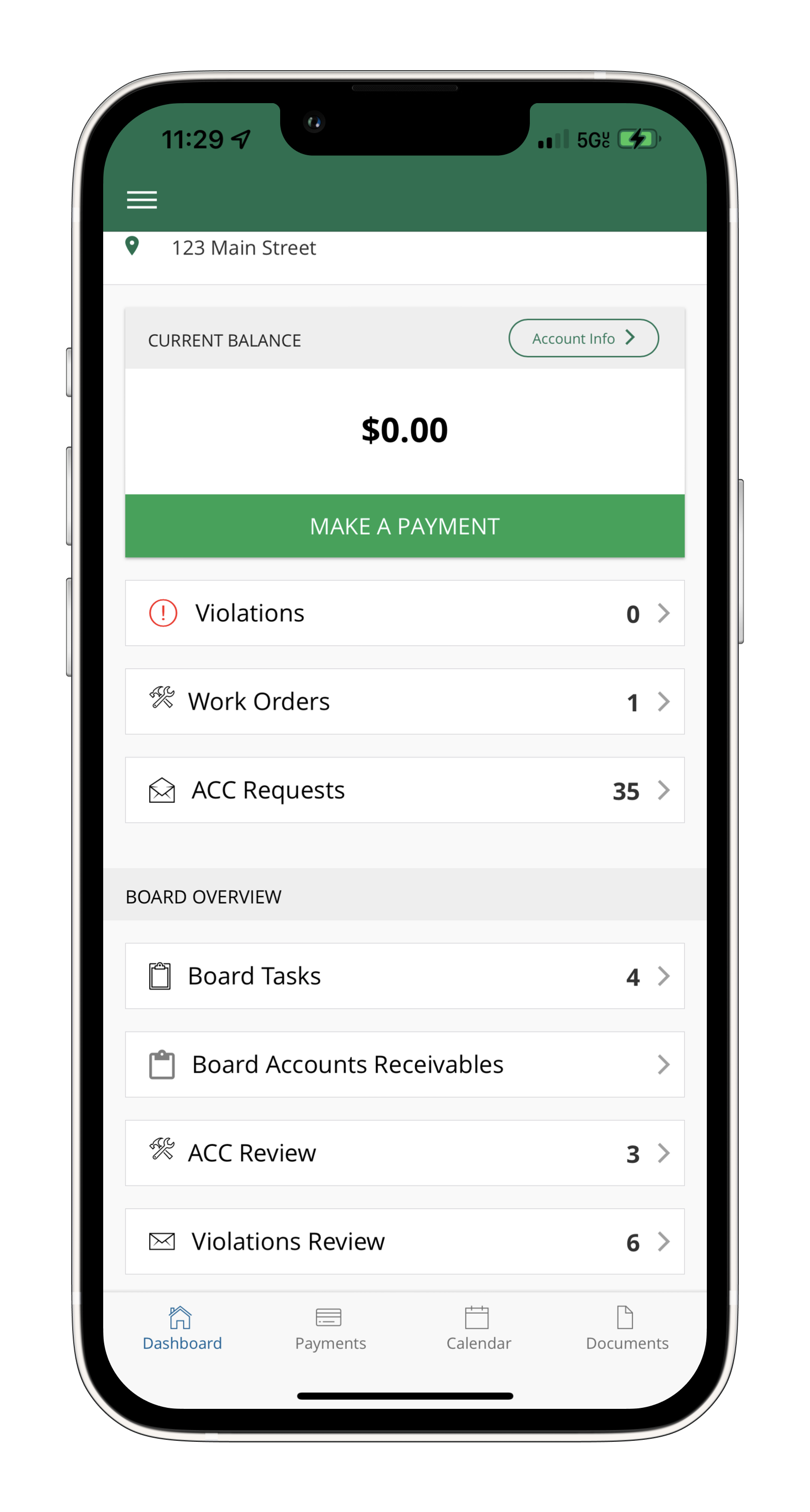
Leadership Advisor: Summer 2019
June 20, 2019
Should Your Association Hire a Consultant to Oversee a Project?
July 16, 2019Legalities like enforcing deed restrictions are one of the many reasons why it pays to have the resources of a competent, experienced management company on your HOA’s side.
Deed restrictions, also known as restrictive covenants, set parameters for how homeowners can use land and property, and what they can build on it. Developers often impose restrictions in the deed that are not covered by local zoning ordinances.
These may include the following:
- Standards for general maintenance of buildings and improvements
- Types of vehicles, which often prohibit boats, buses, and large trucks
- Types of fencing allowed (specifically building materials and fence heights)
- Number of trees that can be on the property, and where they can be located
- Restrictions on sheds and detached workshops and garages that can be built
- Use of the home or sections thereof for business
The responsibility for understanding deed restrictions falls upon the owner. In Texas, a seller or a prospective buyer can request a resale certificate from the association or its management company. The certificate contains the association’s deed restrictions and policies for enforcement. This is an important disclosure to current and prospective property owners. Once a property sale is complete the new owner is automatically a member in their association with all the rights and responsibilities contained therein. In other words, homeowners are all subject to their respective deed restrictions.
Modification of Deed Restrictions
It may become necessary or desirable for a community to change or add to its deed restrictions. Association governing documents often contain a provision to amend deed restrictions. This provision almost always requires the affirmative vote of at least a majority (usually more) of the entire membership. The process to modify deed restrictions can be a large undertaking.
We recommend a plan be put in place before attempting to amend deed restrictions. This includes obtaining input from the membership and developing a community-wide communication plan. The board of directors should consult with the association’s attorney to advise them of the legal process and to draft the amendment language. The board should consider using all legal means available to collect votes from the community including electronic ballots, absentee ballots, and ballots cast in person at a special meeting. Members of the association should be given the opportunity to execute a proxy if they cannot attend a special meeting in person or if they wish to convey their vote to someone else. If an amendment is adopted, part of the communication plan should address how to share deed restriction change information with the membership and how the association plans to implement the changes.
Deed Restriction Enforcement Authority
Depending on local and state laws, enforcement of deed restrictions is usually the responsibility of the homeowners association and its management company. Governing documents and policies typically include procedures that must be followed when taking action to enforce rules. In this way, homeowners are informed of the enforcement policies when they purchase a home, through the documents they receive at closing.
Usually, an association must provide written notice to an owner about an alleged violation and provide the owner with a deadline to fix it. The association may also invite the alleged violator to a meeting to discuss the issue and how to efficiently get back into compliance with the deed restriction. 
If notices are not effective initially, the association can levy fines if permitted in governing documents. The intent should not be to collect fines as a means to increase revenue, but to deter owners from violating deed restrictions. Some associations can opt to remedy a violation and charge the owner for costs associated with this action. An example of this remedy, often referred to as a “self-help remedy,” is the association mowing an overgrown lot and charging the maintenance cost to the owner’s account. A board that wishes to use a self-help remedy should confirm with their association attorney they are on firm legal ground before authorizing this action.
Associations can take proactive measures to limit the need for punitive measures by informing all residents, owners, and tenants, of the need to adhere to deed restrictions. A community may use positive reinforcement by recognizing the yard of the month or holding holiday decorating contests. Newsletters, email updates, and website postings can help to remind residents of the benefits of consistently following deed restrictions and even offer helpful maintenance tips from experts in the community. Violations should be consistently documented when they occur. The management company may incorporate the use of digital photos in violation notices and make them available electronically, which can cut down on questions or potential disputes from residents.
Legalities like enforcing deed restrictions are one of the many reasons why it pays to have the resources of a competent, experienced management company on your HOA’s side.

Rob Koop
AMS®, CMCA®
Executive Vice President of Portfolio Operations







